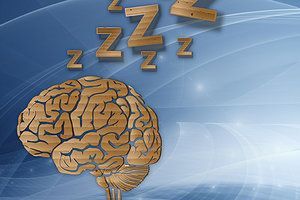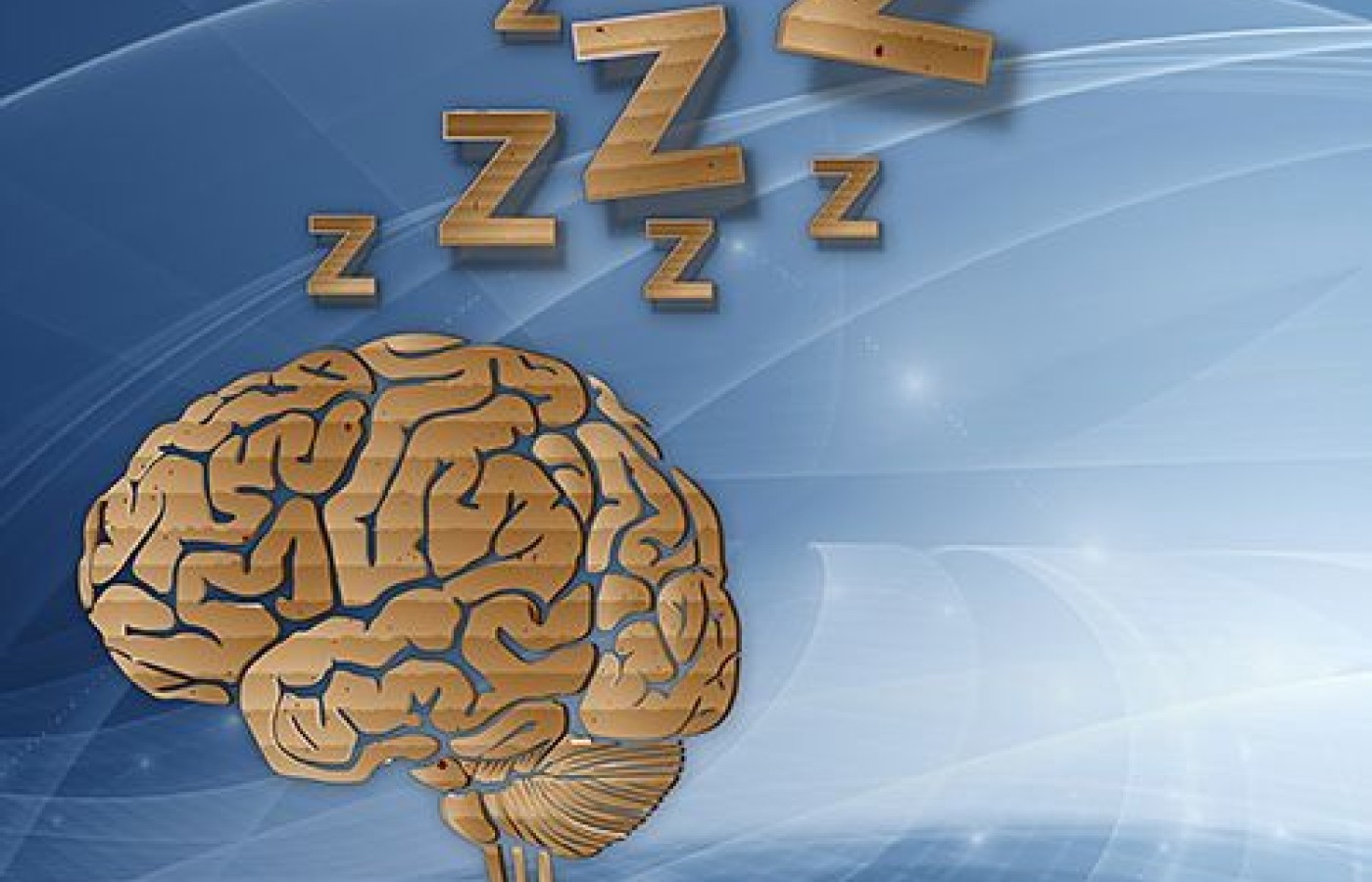It’s a new year and many chiropractors are evaluating what will enhance their respective practices, particularly as it relates to their bottom line. One of the most common questions I get is: “Do I need to be credentialed to bill insurance, and what are the best plans to join?” It’s a loaded question – but one every DC ponders. Whether you're already in-network or pondering whether to join, here's what you need to know.
Sleep: Our Next Wellness Challenge
We need to help our patients understand why they need good sleep – and in the majority of cases, more of it. If your patient habitually stays up late at night, but still gets up early, we have to be telling them they are doing more harm than good! Research has shown that sleeping five hours or less per night is associated with a significant increase in heart disease. A lack of sleep has been associated with migraines and chronic pain. College students who slept four hours of sleep for six nights produced only 50 percent of the antibodies from their flu shot (not advocating flu shots here).1 There is significant evidence that sleep-deprived people consume more calories and higher amounts of fat in their daily diets. Studies also suggest five hours of sleep and sedentary lifestyle habits can bring a person to a prediabetic level in a matter of two weeks.2
Poor Sleep: An Epidemic
As we learn more about the human brain, we are starting to get some real insight into sleep. Here are some of the latest statistics:3
- Nearly 60 percent of adults report having sleep problems.
- Only 37 percent get the recommended hours per night.
- About half of sleep problems are stress related.
- Americans filled 60 million prescriptions for sleeping pills last year.
The Physiology of Sleep
The 100 billion cells that make up our brain interact to become our thoughts, feelings, dreams, hopes, memories, movement and how you sleep. The master clock in the brain is called the suprachiasmatic nucleus or SCN. It regulates our circadian rhythm. Light regulates the master clock. The light passes through the pupils and ganglion cells relay the information to the SCN. When light passing through the pupils is inhibited, the SCN sends a signal to release melatonin. Levels of melatonin remain level throughout the night until interrupted by the light of the morning.

When you feel tired at night is determined in part by when you are in the presence of sunlight in the morning. To keep the biological clock on a cycle, the brain needs input of sunlight through the eyes to reset itself each day. The tip here is to get natural light within one hour of being awake.
What happens in the brain when you are sleeping? The entire sleep cycle takes about 90 minutes and is then repeated: In stages 1 and 2, you first fall asleep, but are not in a deep-sleep state yet. During stages 3 and 4, you are in a deep, restful sleep. Your breathing and heart rate slow down, and your body remains still. In stage 5, your brain is active and you dream. Here's the entire 90-minute cycle: light sleep (lasts about 20 minutes), deep sleep, rapid eye movement (REM) sleep and repeat. It's interesting to note that your eyes move under your eyelids during REM sleep.
Deep sleep is crucial for immune system repair. Blood supply to muscles increases; tissue growth and repair occur; energy is restored; growth hormone is released, which is essential for growth and development, including muscle development; and other hormones are released, such as leptin and ghrelin, which keep your appetite in check, regulate fat storage and send signals to your brain when your stomach is full. UV damage also is repaired during deep sleep.
If you wake up during REM sleep, you might vividly remember your dreams. During REM sleep, our breathing becomes more rapid, irregular and shallow, and our eyes jerk rapidly in various directions. Our heart rate increases and our blood pressure rises.
REM sleep also allows our memory to improve.4 What's really important to understand here is that REM sleep promotes the consolidation of long-term memories for motor skills, facts and figures, and complex thought. If you are spending money on yourself or your child for a tutoring session (math, SAT prep, golf, tennis, soccer, swim lessons, etc.), and you / they don't get enough sleep, you are throwing money away!
One of the most important things that happens during sleep is that the brain's cells shrink. Researchers believe it's easier for brain cerebrospinal fluid (like lymphatic fluids) to flush out its many crevices. During sleep, proteins that could build up and become responsible for Alzheimer's disease and other neurological disorders are removed more efficiently from the brain than during waking hours. In this way, toxins and other waste products are washed out.5-6
How Much Sleep Do We Need?
- A newborn baby might sleep 20 hours a day.
- By age 4, the average is 12 hours a day.
- By age 10, the average falls to 10 hours a day.
- Most adult people seem to need seven to nine hours of sleep a night, although after age 18, the sleep time necessary for optimal health / function becomes more individualized to the person.
Tips to Promote Healthy Sleep
When patients complain about being tired during the day, I talk about their sleeping habits. For most adults, it is essential to sleep for at least seven to eight hours every night. Some people need even more. There is evidence to suggest many people are biologically programmed to sleep not only for a long period in the middle of the night, but also for a short period in the middle of the day. Because of the sleep cycle, nap recommendations should include less than 30 minutes or a full 90 minutes (best option).7 Here are some simple lifestyle changes / considerations to suggest to patients:
- Don't drink caffeine after 3 p.m.
- Keep alcohol consumption to one or two drinks with dinner, or eliminate consumption altogether.
- Turn off the TV, computer and cellphone at least an hour before bed so your brain has time to wind down, free of stimuli. Make sure all the lights are off (even cellphone screens, clock lights, etc.). If you need an eye mask, get one!
- Perform a calming activity such as reading, meditating, gentle stretching, or taking a bath an hour before bed.
- Don't eat dinner too late, especially if you're prone to digestive problems that keep you up at night.8
- Go to sleep and wake up at the same time, even on weekends, so your body gets used to a regular sleeping pattern. Get early-morning light stimulation to reset your clock.
- Make sure your pillow adequately supports your neck and your mattress is comfortable.
I also find insomnia is often related to diet and lifestyle (too much caffeine and an overloaded calendar, which could potentially be disrupting diurnal cortisol rhythm). There are potential side effects of sleep drugs (Rufinamide, etc.), and although we cannot discourage someone from taking prescription medication, we certainly can recommend nutritional support and lifestyle approaches as first-line therapy.
Finally, a considerable number of patients seem to be taking prescription sleep aids. This seems unfortunate to me when we have many natural remedies to recommend. Prescription sleep drugs can cause severe allergic reactions and complex nighttime behavior that goes beyond sleepwalking.
Diet / Supplement Considerations
In terms of nutritional support, these are some of the common recommendations I offer to help patients maximize the quality and duration of their restorative sleep:9
- Melatonin (1 mg per tablet; recommended dosage is 1-3 tablets, one hour before bedtime)10
- Casein tryptic hydrolysate (enzymatically isolated decapeptide from whey milk that has natural, benzodiazepine-like properties)
- Passionflower extract (sedative and anxiolytic properties; similar mechanism of action as benzodiazepines)
- 5-HTP (the precursor for serotonin)
- Theanine and B vitamins to support balanced levels of GABA, serotonin, and dopamine, all of which are involved in regulating sleep
- DHA to support balanced levels of dopamine, GABA, and norepinephrine, which are important for cognitive function including memory formation and information consolidation during specific cycles of sleep
- Lavender scent or oils
References
- Spiegel K, Sheridan JF, Van Cauter E. Effect of sleep deprivation on response to immunization. JAMA, 2002 Sep 25;288(12):1471-2.
- Bromley LE, et al. Sleep restriction decreases the physical activity of adults at risk for type 2 diabetes. Sleep, 2012 Jul 1;35(7):977-984.
- Czeisler CA. Duration, timing and quality of sleep are each vital for health, performance and safety. Sleep Health, 2015 Mar;1(1):5-8.
- "How Much Sleep Do You Need? Sleep Cycles and Stages, Lack of Sleep, and How to Get the Hours You Need." HelpGuide.org.
- Nedergaard M. Neuroscience. Garbage truck of the brain. Science, 2013;340:1529-1530.
- Xie L, Kang H, Xu Q, et al. Sleep drives metabolite clearance from the adult brain. Science, 2013;342:373-377.
- "How Much Sleep Do You Need?" Op Cit.
- Nedeltcheva AV, et al. Sleep curtailment is accompanied by increased intake of calories from snacks. Am J Clin Nutr, 2009 Jan;89(1):126-33.
- Recommendations based on conversations with a major nutritional supplement manufacturer.
- McMorris T, et al. Creatine supplementation, sleep deprivation, cortisol, melatonin and behavior. Physiol Behav, 2007 Jan 30;90(1):21-28.
Other Resources
- Cai DJ, et al. REM, not incubation, improves creativity by priming associative networks. PNAS, 2009;106(25):10130-10134.
- Gutiérrez-Repiso C, et al. Night-time sleep duration and the incidence of obesity and type 2 diabetes. Findings from the prospective Pizarra study. Sleep Med, 2014 Nov;15(11):1398-1404.
- Conde SV, Sacramento JF, Guarino MP, et al. Carotid body, insulin, and metabolic diseases: unraveling the links. Front Physiol, 2014 Oct 29;5:418.
- McBeth J, Lacery RJ, Wilkie R Predictors of new onset widespread pain in older adults; results from a population based prospective cohort study in the UK. Arthritis & Rheumatology, 2014 Mar;66(3):757-67.



